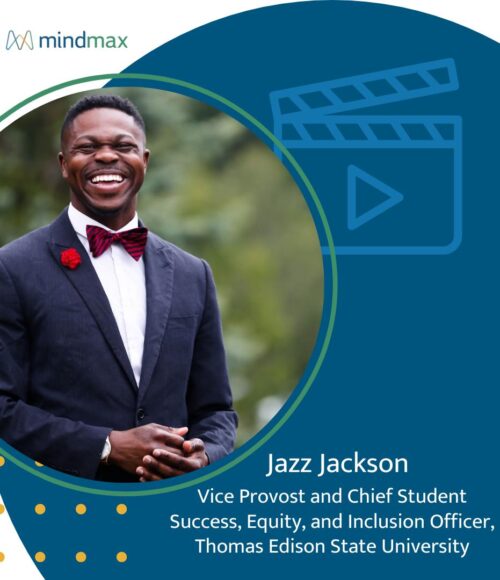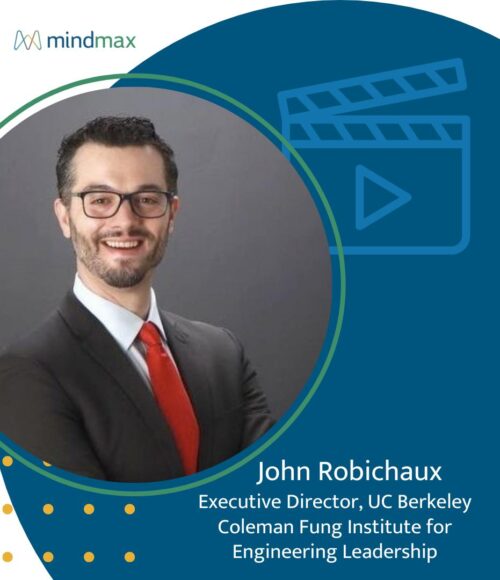Lifelong Learning Without the Credentials: A New Framework for Adult Learners

Lifelong Learning Without the Credentials: A New Framework for Adult Learners
In many ways, the pandemic has served as a catalyst for people to evaluate what really matters to them. There’s no shortage of news stories about how this phenomenon may or may not be fueling the sluggish labor market, but there’s another related trend that deserves equal attention: the “silver tsunami” of Baby Boomers exiting the workforce to retire earlier than expected.
People are living longer than ever before. As someone staring down my own retirement in the next 15-20 years, I find myself thinking about how retirees—many of whom are well-educated, intellectually curious, and affluent—are going to fill all that extra time and spend their disposable income.
Might they gravitate toward higher education? There’s a good chance they could. Learning is a fulfilling experience for many people, so much so that it can even lead to a longer life. The problem is that the higher education opportunities currently available probably don’t offer the kind of learning that the new wave of retirees are looking for.
A New Framework for Serving Adult Learners
Discussions about adult learners typically take place within a standard higher education model that we’re all familiar with. Many adult learners are still in the workforce. They pursue Master’s degrees, microcredentials, or badges with the goal of improving their career trajectories. But retirees aren’t motivated by this same driving force. They don’t need credentials, and they should have opportunities to satiate their intellectual curiosity without them.
There are other factors to consider in addition to credentials. For instance, what kind of programming would work for this demographic? Since continuing education is primarily centered around adult learners who are currently in the workforce, classes are scheduled around typical work hours. Retirees’ days look much different, though, and these learners may be looking for alternative scheduling that better meets their needs.
Whether or not higher education will play a role in providing opportunities for retirees remains unknown. However, creating space for individuals—at any age—who are in pursuit of genuine lifelong learning is certainly mission-aligned for most institutions.
Programs like MasterClass and the Osher Lifelong Learning Institutes Program (OLLI) may have a head start at filling this gap for seniors. There are currently 125 colleges and universities with OLLI programs, which offer non-credit courses to adults in the 50+ age group. But the market for serving the growing number of intellectually curious retirees with a full quarter of their lives ahead of them is still largely untapped.
I don’t know how exactly this market will be served, but I know I’d like these opportunities available when it comes time for my own retirement. It is my hope that this piece will open up a dialogue with others who are thinking about this topic.
If you have any thoughts about how to address this important stage in people’s lives, let’s connect. I look forward to hearing from you and being part of a solution together.
Related Ideas
Jazz Jackson Wants to Help Every Student Finish What They Start

John Robichaux Wants Lifelong Learning to Drive Public Impact
